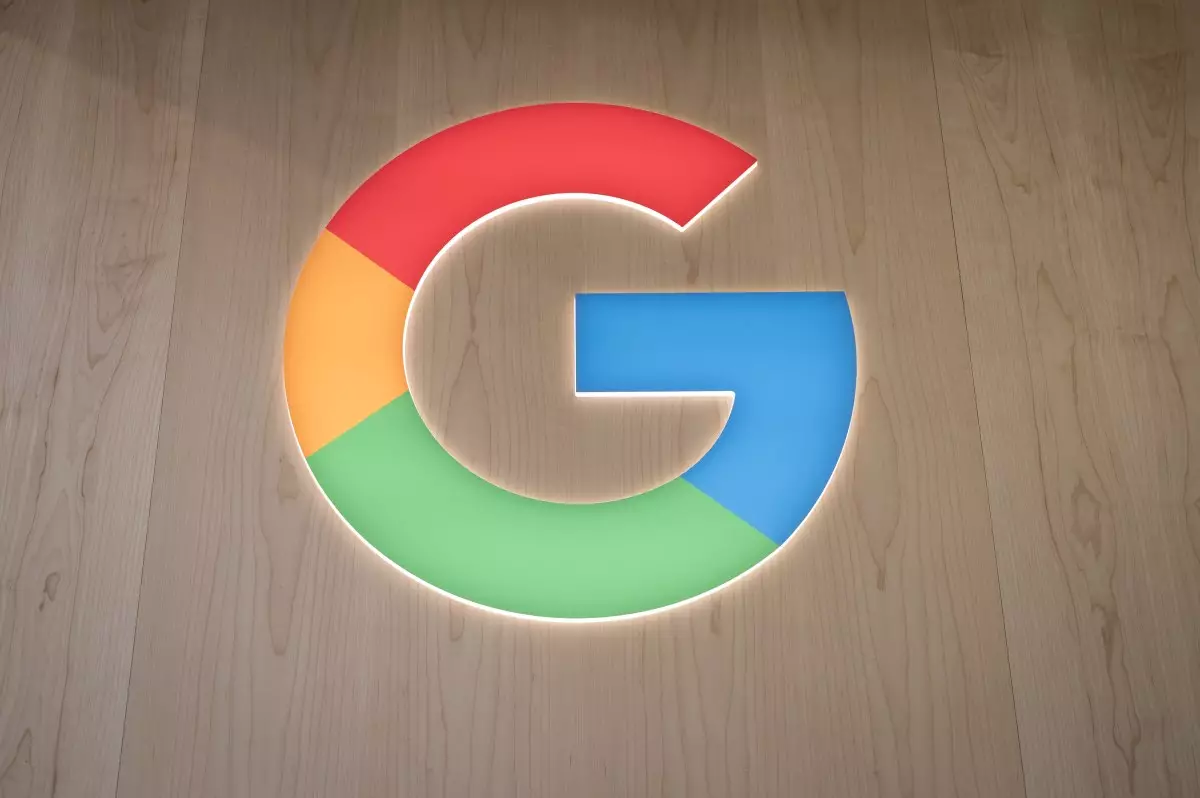Google’s latest venture into artificial intelligence (AI) marks a significant shift in how information is presented and monetized in search results. The company is integrating AI-generated summaries, known as AI Overviews, into its search engine results, alongside advertisements tailored for specific queries. Introduced as a mechanism to enrich user engagement, particularly among younger demographics, these features symbolize Google’s strategic response to the rise of alternative AI platforms, such as OpenAI’s ChatGPT and Perplexity, which have garnered ample attention and user engagement in recent years.
This upcoming integration of ads within AI Overviews represents a calculated move to reclaim user engagement that might otherwise be diverted to competing platforms. Google’s acknowledgment of the impact that AI tools have had on search behavior suggests a recognition of the shifting landscape in information retrieval. With Perplexity reporting over 85 million visits shortly after its launch, it is evident that Google faces real competition that could encroach on its market dominance, where it currently commands over 81% of the global search market.
Despite the apparent advantages of AI Overviews in enhancing search engagement, the implementation has not been without controversy. Users have expressed concerns over the accuracy and reliability of the information provided, with troubling instances where AI Overviews have made misleading claims, like suggesting inappropriate remedies. A recent analysis by SE Ranking highlighted that these generated summaries sometimes reference questionable sources, resulting in the dissemination of outdated or misleading information.
In light of these challenges, Google has begun to impose limitations on the AI Overviews, particularly concerning sensitive topics such as health and current events. The company’s commitment to ongoing improvements—evident in statements from Rhiannon Bell, Google’s VP of user experience—suggests an awareness of the significance of trustworthy content in search interactions. Meanwhile, the addition of ads into this already-complicated mix introduces further complexities, such as cluttering the user experience and potentially interfering with the clarity of information presented.
The introduction of ads into AI Overviews is a dual-edged sword. On one side, it presents Google with the opportunity to monetize its AI features and drive revenue from advertisers eager to connect with consumers at precisely the right moment. Ads marked as “Sponsored” will accompany organic content within AI summaries, meaning users could see advertisements when searching for practical solutions, such as advice on removing grass stains from jeans. Shashi Thakur, Google’s VP of Ads, emphasized that this could create a seamless linkage between users and relevant products or services.
However, the implications of incorporating advertisement have raised concerns among publishers and platform users alike. Ads may obscure valuable information, repositioning credible content lower within the summary, thereby affecting the visibility of high-quality web pages. As advertisers stand to gain from visibility in these AI Overviews, established publishers may suffer the consequences, resulting in reduced traffic and engagement. Some estimates suggest that this could lead to a stunning $2 billion loss in revenue for publishers.
The potential economic fallout for publishers cannot be ignored, with studies indicating that the deployment of AI Overviews could diminish up to 25% of their web traffic due to a de-emphasis on traditional web page links. Despite these forecasts, some media companies reported minimal impact to date, but the full effects remain to be seen as Google rolls out these features more extensively.
As Google expands AI Overviews and organizes search pages, moving beyond traditional link-based retrieval methods, it may inadvertently reshape the content landscape. The growing reliance on AI-organized pages—designed to aggregate content across diverse platforms like forums and YouTube—presents a fundamental shift in how information is surfaced and utilized.
This approach is not without its own challenges, as it risks alienating content creators who rely on direct traffic from search to sustain their businesses. Balancing user experience with publisher interests will be essential for Google as it navigates these changes while striving to maintain its status as the leading search engine.
Google’s foray into AI-generated content and advertising within search results embodies an evolving landscape of digital information retrieval. While the potential benefits for enhanced user engagement are significant, it is equally crucial for Google to address the inaccuracies prevalent in its AI Overviews and mitigate the potential adverse effects on publishers. As the company forges ahead, its commitment to refining these technologies while considering the implications for all stakeholders will profoundly impact the future of online search and information dissemination.

